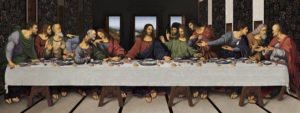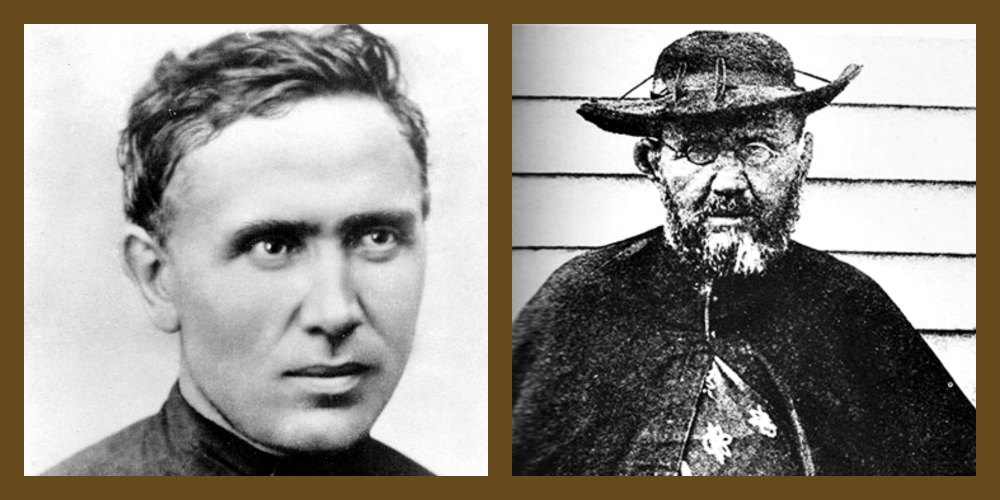
Maundy Thursday (also known as Holy Thursday, Covenant Thursday, Great and Holy Thursday, Sheer Thursday, and Thursday of Mysteries, among other names) commemorates the final meal that Jesus shared with his disciples before his betrayal-what we know as the Last Supper. It is from this meal that the sacrament of Holy Communion was born as a sacred ritual of remembrance-making Christ present amongst us even after his death.
In this day and age, one rarely hears the reference to Holy Thursday as Maundy Thursday. ‘Maundy’ is from the Latin word for ‘mandatum’-a commandment “(also the origin of the English word “mandate”), the first word of the phrase “Mandatum novum do vobis ut diligatis invicem sicut dilexi vos” (“A new commandment I give unto you: That you love one another, as I have loved you, that you also love one another.”) This statement by Jesus in the Gospel of John 13:34 by which Jesus explained to the Apostles the significance of his action of washing their feet.” ~Wikipedia
The readings for Holy Thursday are from the Gospel accounts of this day’s events-starting with the Last Supper to the washing of his disciples’ feet followed by his anguish in the garden at Gethsemane to his betrayal and desertion of his disciples. At the end of the service, the altar is stripped of the cloth coverings and all non-permanent items are removed. The church is left bare in preparation and solemn anticipation of Good Friday. Participants leave the church in silence and it is with these rituals that marks the beginning of the Triduum (meaning The Three Days)-the last three days of Holy Week.
In Germany, Holy Thursday is also known as Green Thursday. The name was not due to the color green, but from the close association to the German word for “grief” or “weeping”. Many families would eat only green vegetables, spinach in particular, as a way of humbling themselves before God.
The liturgical color for Holy Thursday though, is red-signaling the approach of the Passion. Greeks dye Easter eggs on ‘Red Thursday’.
Holy Thursday begins the, ‘reason for the season’-one to be celebrated and more especially, to remember (we remember, we celebrate, we believe).
